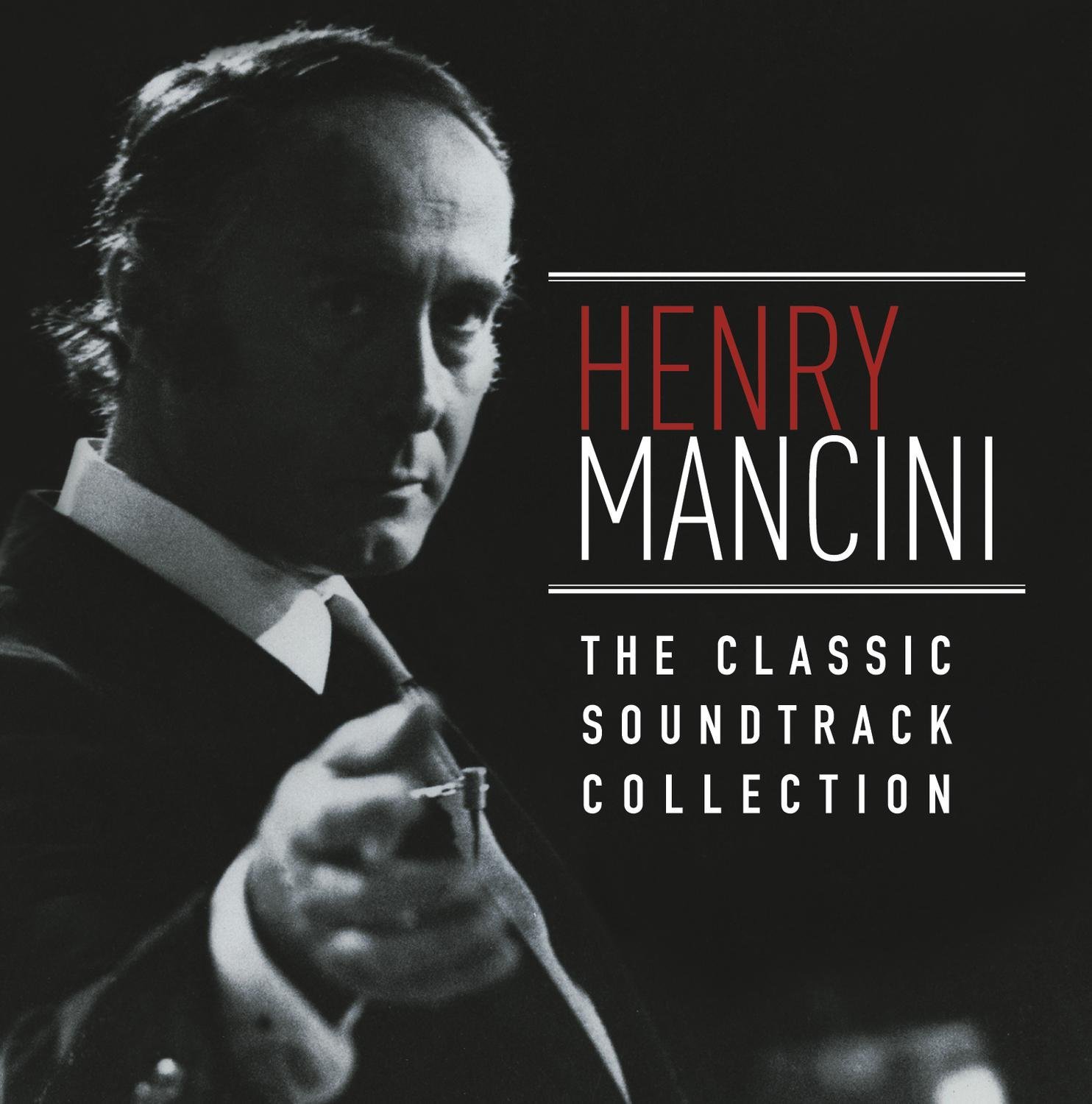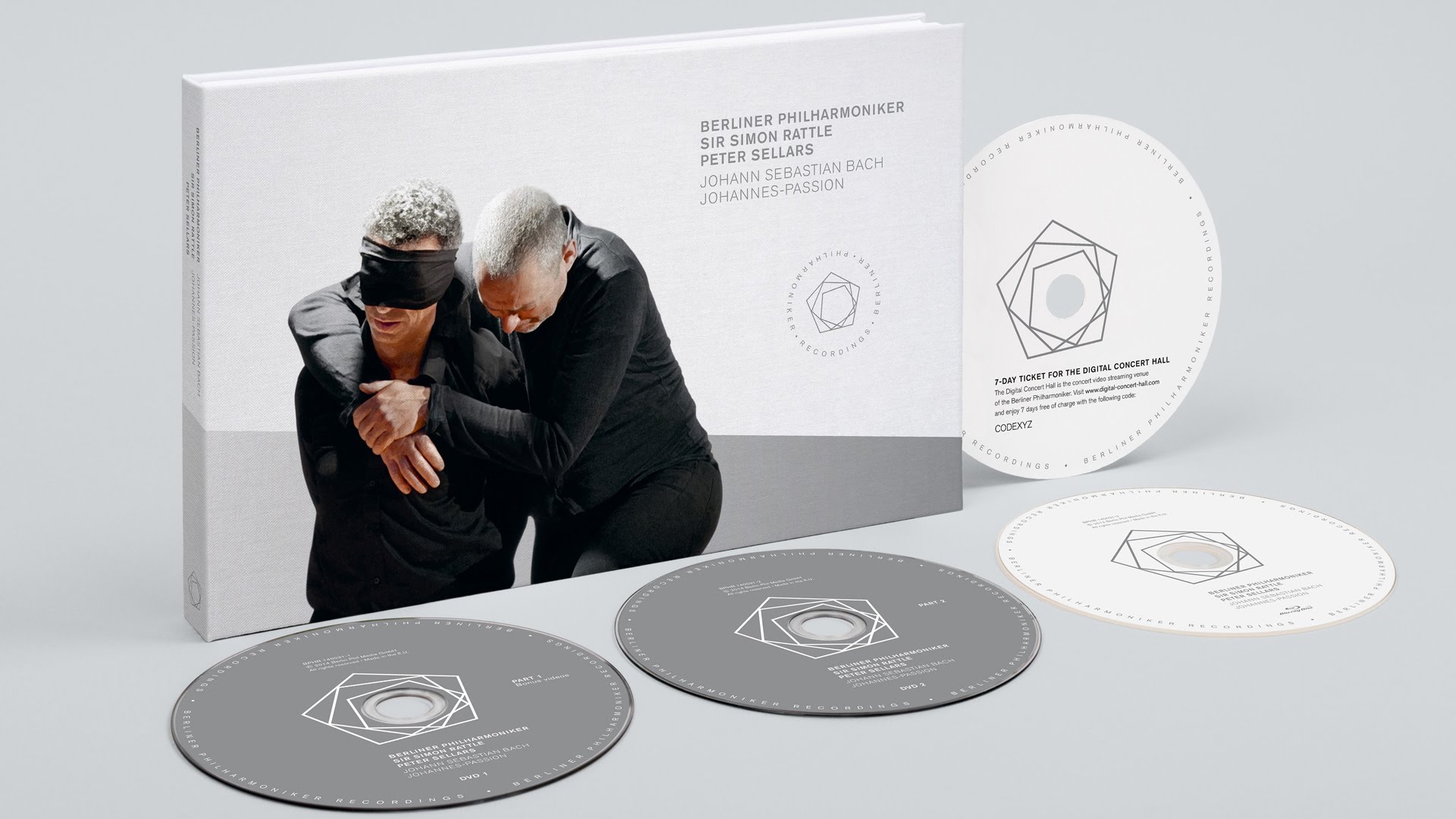If what you wanted to do was go out to the middle of the Mexican desert, invert the Cross and dip it in blood, screaming obscenities all the while, surrounded by a sunburnt band of fellow travellers all off their heads on mescalin, Tutuguri is definitely the music you’d want to do it to.

Ernst Krenek is probably best remembered nowadays as the composer of Jonny Spielt Auf – the quintessential Zeitoper of Weimar Germany and later the archetype of all that was designated “degenerate” in art by the Nazi regime. And perhaps also as – briefly – the husband of Anna Mahler, daughter of Gustav. But Krenek was far more than that. He was a magpie collector of styles and influences whose large corpus of work reflects almost every major 20th-century trend.

Barbara Hannigan, we all know, is game for anything. This Canadian soprano with the pearliest tones and the dramatic instincts of a Sarah Bernhardt can find beauty and meaning in almost every contemporary composer’s barbed wire. Recently she’s been cavorting on stage as Alban Berg’s Lulu; earlier this month, for a sliver of Ligeti, she paraded herself on the Barbican platform as a gum-chewing schoolgirl in a naughty micro-skirt.



James Dillon calls this major work, premered at the Huddersfield Contemporary Music Festival last November, a “Cubist Stabat Mater”. He sets the hymn, but adds in more recent words, texts on related themes by Picasso, Kristeva and Rilke, among others. The music, too, acknowledges the passage of historical time, with subtle references to musical styles from down the centuries. If this all sounds like a recipe for Postmodern intellectualism and detachment, the results are surprisingly direct – a heartfelt and emphatic response to the image of the grieving mother.

Latvia likes to be different. At least that’s the message they sent out with the cultural programme marking the start of the country’s presidency of the Council of the European Union. Pomp and circumstance were out, and instead we got a Cage-inspired happening, an audio/visual presentation that was many things: part video installation, part performance art. The only thing you couldn’t describe it as was a choral concert.

The mixed grilled school of programme-making is not for the JACK Quartet. Contemporary, contemporary, and contemporary: that was the bill of fare last night at this challenging recital offered by the young American group, graduates of the Eastman School of Music, who derive their capitalised title from the initial letters of the members’ first names. Like the Arditti String Quartet, one of their mentors, you’d never find them playing Schubert. Even someone as gutsy and game-changing as Beethoven appears to be well off the menu.

Was 1911 the best ever year for music? Works premiered or composed then include Strauss’s Der Rosenkavalier, Stravinsky’s Petrushka, Mahler’s Das Lied von der Erde and the Tenth Symphony he’d completed in outline by the time of his death that May, Sibelius’s most austere masterpiece, the Fourth – for which the little oddity which opened last night’s concert, The Dryad, sounded like a sketch – and Nielsen’s Third, self-subtitled “Espansiva” but in this performance more like the “Inexhaustible” to blaze a path for the “Inextingishuable” Fourth.



For his second programme this week with the London Symphony Orchestra, Sir Simon Rattle conducted variations on a programme he’s been doing for years. So what’s the theme? Invention and hysteria, you might say. Berg’s Marie in Wozzeck and Stravinsky’s virgin in The Rite of Spring both meet gory if wordless ends. Ligeti’s Chief of Police in Le grand macabre reverses roles and deals death to anyone in her path. Or at least threatens it.

